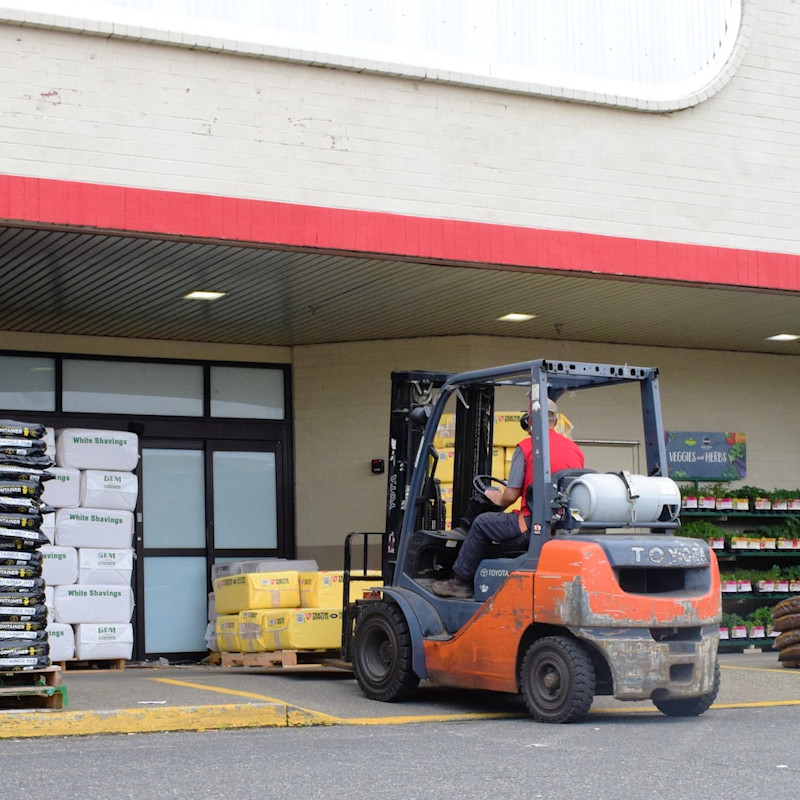Closing Loopholes Bill
The Fair Work Legislation Amendment (Closing Loopholes) Bill 2023 proposes to implement the most expansive changes to Australia's industrial relations since the Fair Work Act commenced in 2009.
If passed in its current form, the 284-page Bill will impact almost every worker and business in Australia, including by:
- redefining casual employment,
- introducing "same job, same pay" measures for labour hire workers,
- criminalising wage theft,
- regulating "employee-like" arrangements (such as rideshare and food delivery services),
- re-establishing the multi-factorial test for determining whether a person is an employee or contractor, and
- introducing new rights for workplace delegates.
How will your business be impacted by these changes? How will you need to adjust your industrial relations priorities in response?
In this guide we break down what you need to know about the proposed changes, and how they will shift the dial on the employee/employer dynamic.

It’s official - Australian employees have been granted a legal right to disconnect. View our comprehensive overview of the new right.
Australian workplaces are already among the most highly regulated in the world. Is compelling Australian employers under legislation not to contact employees after a certain time at the end of each day, thereby giving employees a “right to disconnect”, a step too far?

Proposed amendments to the Fair Work Act under the Fair Work Legislation Amendment (Closing Loopholes) Bill 2023 seek to introduce a definition of employment with implications for employers and employees alike.

On 4 September 2023, Employment and Workplace Relations Minister Tony Burke introduced into Parliament the Fair Work Legislation Amendment (Closing Loopholes) Bill 2023 (Bill), outlining significant changes to the Work Health and Safety Act 2011 (Cth) (WHS Act).

The Federal Government has proposed increased penalties for employers that intentionally engage in wage theft as part of a swath of reforms aimed at protecting the rights of workers.

Proposed amendments to the Fair Work Act 2009 (Cth) (FW Act) are targeted at improving terms and conditions for "employee-like workers" in the gig economy.

The Fair Work Legislation Amendment (Closing Loopholes) Bill 2023 (Bill) proposes various amendments to the Fair Work Act 2009 (Cth), introducing new workplace rights and protections for union delegates.

Proposed amendments to the Fair Work Act 2009 (Cth) (FW Act) in the Fair Work Legislation Amendment (Closing Loopholes) Bill 2023 (Bill) aim to improve protections for road transport industry workers.

 Client portal
Client portal









